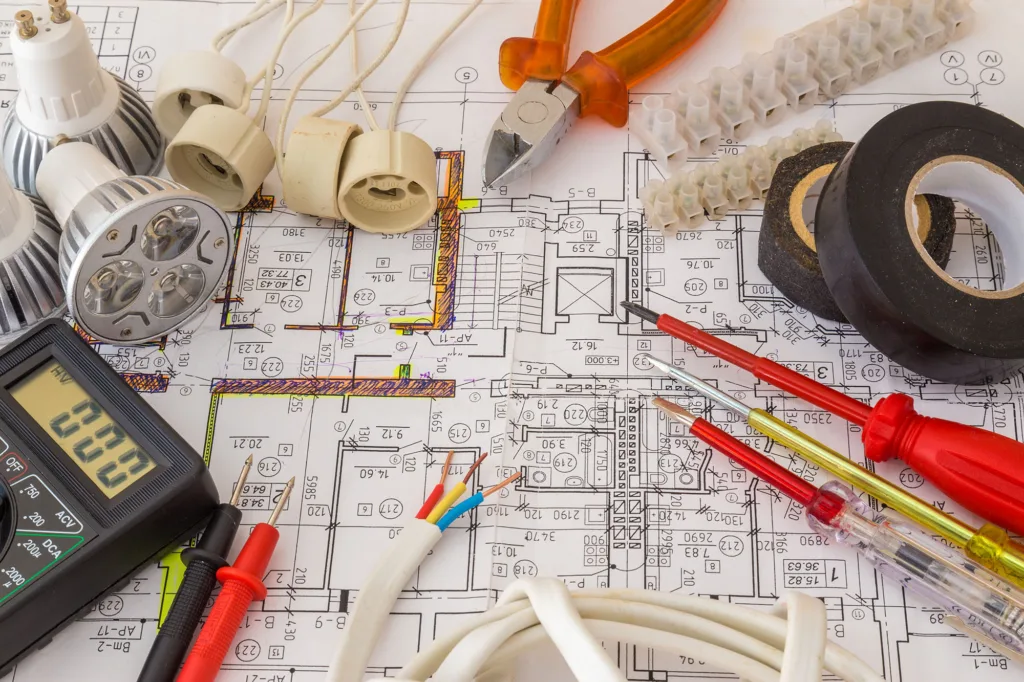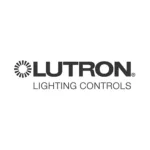Owning a property in Cornwall comes with its own set of challenges, especially when it comes to maintaining electrical safety. Whether you’re managing a rental home in Truro or overseeing a block of flats in Falmouth, one thing remains consistent: electrical maintenance is not just important—it’s essential. With regulations tightening and tenants becoming more aware of their rights, it’s more crucial than ever for property managers to prioritise regular electrical upkeep.
So, what’s the best way to ensure your property’s electrics are safe, efficient, and compliant with legal standards? Let’s break down why electrical maintenance should be at the top of your property management checklist.
Why Electrical Maintenance Is Crucial for Property Managers
Electrical maintenance is often overlooked until something goes wrong. However, adopting a proactive approach can prevent significant risks, including fire hazards, tenant injuries, and costly repairs. Regular electrical checks contribute not only to tenant safety but also protect property value in the long run.
From a legal standpoint, property managers in Cornwall must adhere to The Electricity at Work Act 1989, which mandates that landlords and business owners ensure the safety of electrical installations for both employees and the public. This legislation is complemented by the BS 7671 Wiring Regulations, the gold standard for electrical safety in the UK. Failure to comply with these laws could result in serious legal repercussions, including fines and potential injury claims.
Meeting Your Landlord Obligations in Cornwall
Landlords have a duty of care to their tenants, and one of the primary ways to fulfil this obligation is by conducting regular electrical inspections. In fact, Cornwall has its own specific regulations regarding rental property safety, and you can read more about them on our Cornwall Rental Property Safety & Landlord Obligations Explained page.
What Happens When Electrical Maintenance Is Neglected?
Neglecting electrical maintenance can result in overloaded circuits, damaged wiring, and ultimately, the risk of fires. According to government reports, electrical faults are one of the leading causes of fires in both domestic and commercial properties. By maintaining a proactive schedule of inspections and repairs, you can avoid these risks while also staying compliant with safety regulations.
Key Components of an Electrical Maintenance Plan
Managing electrical maintenance may seem daunting, but breaking it down into manageable tasks ensures nothing slips through the cracks. Let’s take a closer look at the essentials of an effective maintenance plan.
Regular Electrical Inspections
The cornerstone of any electrical maintenance plan is the Electrical Installation Condition Report (EICR). This detailed inspection, typically required every 3-5 years, ensures that the wiring, circuits, and other electrical installations are in good condition. Conducted by a qualified electrician, the EICR identifies any hidden hazards or issues that could pose a safety risk.
The importance of regular inspections cannot be overstated. According to the Electricity at Work Act 1989, businesses and landlords are legally obligated to keep their electrical installations safe for use. This applies to rental properties, commercial spaces, and public buildings alike.
Portable Appliance Testing (PAT)
While fixed installations get most of the attention, portable appliances can also present significant risks if not regularly inspected. Portable Appliance Testing (PAT) is an essential part of electrical safety, especially in rental properties where tenants may use a wide range of appliances. PAT checks should be carried out on items such as kettles, microwaves, and laptops to ensure they are safe for use. Depending on the appliance, PAT testing should be conducted every 3-12 months.
A routine PAT test helps to spot any faults in appliances that might not be immediately obvious but could lead to electric shocks or fires if left unchecked.
Maintenance Schedule for Rental Properties
Property managers should develop a maintenance checklist that ensures regular inspections and testing are carried out. In addition to EICR and PAT testing, property managers should schedule routine visual checks of outlets, circuit breakers, and electrical panels. These small, regular checks will help catch early signs of deterioration before they become serious issues.
To learn more about how to schedule these services, consider our Electrical Testing and Inspection Services.

How to Address Common Electrical Issues in Rental Properties
Even with regular maintenance, electrical issues can arise, and it’s essential to know how to address them efficiently.
Faulty Wiring and Overloaded Circuits
Faulty wiring and overloaded circuits are among the most common issues in older properties. Signs like flickering lights, frequent circuit breaker trips, or discoloured outlets indicate that something is wrong. Addressing these problems early by calling in a certified electrician can save you from more significant, costlier repairs down the line.
Circuit Breaker Trips and Solutions
Circuit breakers protect your property from electrical overloads, and while occasional tripping is normal, frequent occurrences could signal a deeper issue. Appliances that draw too much power or outdated electrical systems often lead to these problems. Ensuring that each circuit is adequately rated for its appliances can reduce the likelihood of trips.
For added safety, consider upgrading your system to include Residual Current Devices (RCDs), which provide an additional layer of protection by automatically cutting off power if a fault is detected.
Legal and Safety Considerations for Electrical Maintenance
Beyond the practical steps of maintaining electrical safety, landlords and property managers must remain compliant with UK laws. The BS 7671 Wiring Regulations and the Electricity at Work Act 1989 are the two key regulations you must follow. Ignoring these laws can lead to significant financial and legal consequences.
To ensure full compliance, always hire NAPIT certified electricians for inspections and repairs. This will guarantee that your property’s electrical system is up to standard, ensuring the safety of your tenants and protecting you from legal liabilities.
Hiring Qualified Electrical Professionals
When it comes to electrical maintenance, hiring a professional is non-negotiable. Certified electricians not only carry out inspections but can also provide critical advice on upgrading your system to meet modern safety standards. Look for professionals who are NAPIT approved, as they adhere to strict guidelines and are fully insured to carry out electrical work.
If you need expert electrical testing and inspection services in Cornwall, our team at Wave Electrical Solutions is here to help. Visit our Contact page to reach out to one of our certified professionals.
FAQs on Electrical Maintenance for Property Managers
1. How often should electrical systems be inspected in rental properties?
Electrical systems should be inspected at least every 5 years or when there is a change in tenancy. For older properties, inspections may need to be more frequent.
2. What is PAT testing, and do I need to do it for every appliance?
PAT testing ensures portable appliances are safe to use. While not legally required for every appliance, it is recommended for any item used frequently or in high-risk environments.
3. What are the signs of electrical faults in a rental property?
Common signs include flickering lights, discoloured outlets, frequent circuit breaker trips, and a burning smell near appliances or outlets. These indicate the need for immediate professional attention.
Conclusion
Proactive electrical maintenance is key to ensuring the safety and value of your property in Cornwall. By scheduling regular inspections, testing portable appliances, and addressing electrical issues as they arise, property managers can avoid costly repairs and stay compliant with safety regulations. Plus, by hiring certified electricians for the job, you guarantee that your tenants remain safe and satisfied.
For more information on how we can assist with your property’s electrical needs, visit our Contact page.










